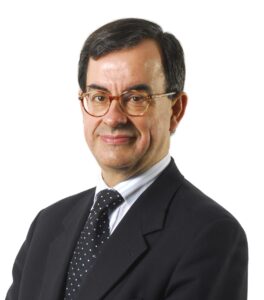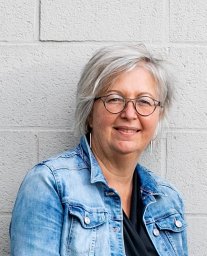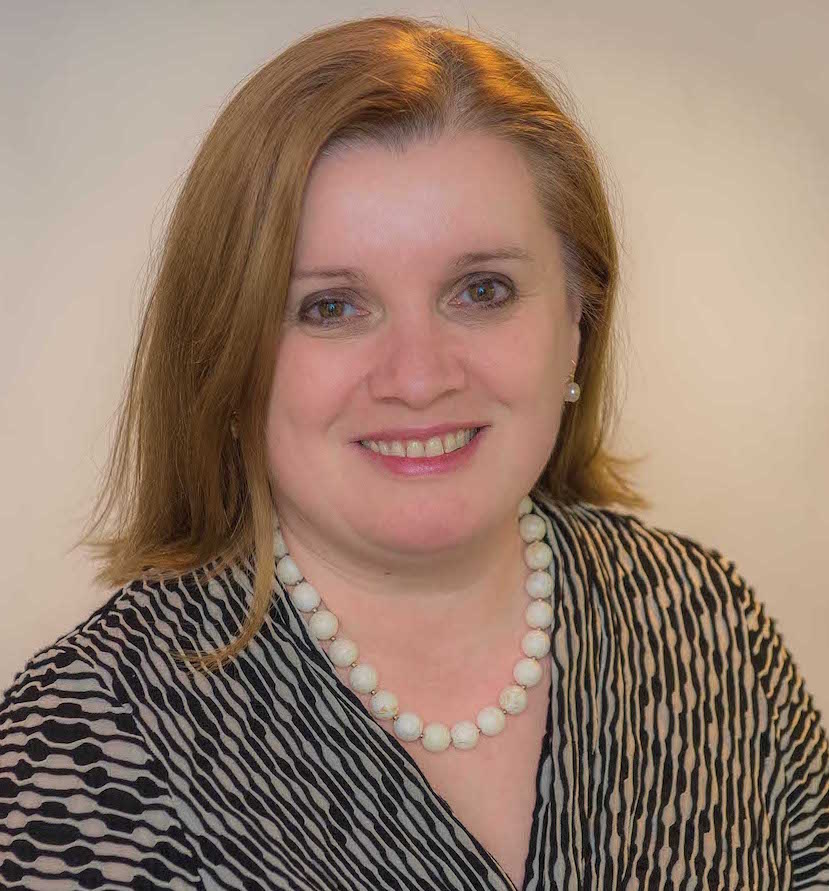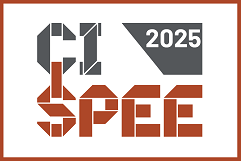Speakers

Bio: Born in 1952. Master Degree in Juridical and Economic Science (University of Lisbon).
Honoris Causa by University Lusíada (June 2016), University Aberta (September 2016), and Institute of Social and Political Sciences (October 2016).
Present Positions: Trustee of the Calouste Gulbenkian Foundation. President of the Grand Council of the CNC – Centro Nacional de Cultura (National Centre for Culture). University Professor at the University Lusíada and the Technical University of Lisbon. Correspondent member of the Portuguese Academy of Sciences. Member of the Portuguese Naval Academy. Member of merit of the Portuguese Academy of History. Corresponding Member of the Brazilian Academy of Letters – Chair 20. Chairman of the General Assembly of the World Monuments Fund (since 1 June 2023). Chairman of the Advisory Board of Banco Português do Fomento (2024).
Previous Positions: Chairman of the Fiscal Council of Caixa Geral de Depósitos. President of the Tribunal de Contas (Portuguese Court of Auditors). National Coordinator of the European Year of Cultural Heritage 2018. President of the Council for the Prevention of Corruption. President of EUROSAI. President of the Contact Committee of the Heads of the Supreme Audit Institutions of the European Union. General-Auditor of the Assembly of the West European Union. First Vice President of EUROSAI. Minister of Presidency. Minister of Finance. Minister of Education. Secretary of State for Educative Administration. Member of the Portuguese Parliament. Vice-Chairman of the Parliamentary Group of the Socialist Party. President of SEDES (Association for Economic and Social Studies). Vice-President of the Portuguese National Commission for UNESCO. Political Adviser of the President of the Republic. Secretary General of the Portuguese Committee of the European Cultural Foundation. Head of Cabinet of the Minister of Finance. Member of the European Convention on the Future of Europe. President of the Steering Committee of the Council of Europe, which adopted the Framework Convention on the Value of Heritage for Society (in Faro, Portugal).
Abstract: There is no better investment than the learning and empowerment of people. We must, therefore, understand the pillars outlined by Edgar Morin: the safeguarding of knowledge against error and illusion; the teaching of methods that allow us to see context and the whole, rather than fragmented knowledge; the recognition of the inseparable link between unity and diversity in the human condition; the learning of a planetary identity, considering humanity as a community of destiny; the need to take the unexpected and the uncertain as hallmarks of our time; education for mutual understanding between people of different backgrounds and cultures; and the development of an ethics of humankind, in line with an inclusive form of citizenship. Ultimately, this is about fully embracing the priorities of learning to know, learning to do, learning to live together and with others, and learning to be. Education is not a commodity. It requires that freedom and autonomy be bound to a genuine sharing of responsibility within society, and to the safeguarding of singularity and the common good. We must realise that a cultured, civilised, and peaceful society—respectful of citizenship and democracy—can only be achieved through an education where information leads to knowledge and knowledge to wisdom. More than concerns directly linked to curricular matters—which should not be confused with the options related to the work I had the honour of coordinating—what I find relevant in these concerns relates to the following: (a) a society such as the Portuguese one must place education and training as its highest priority; (b) it is learning and its quality that must be brought to the forefront, as essential factors of human development; (c) the student must not be seen merely as a future professional or technician, but as a person and citizen, able to respond to the challenges of uncertainty and complexity; (d) defining a learner profile must not be mistaken for creating a mould, but should be viewed as an essential framework capable of serving as a constant reference for improving education and schooling; (e) in the various fields of education and training, there should be no uncertainty or instability dictated by political or electoral cycles; (f) the progress achieved in the medium and long term in our country resulted from the convergence of several factors – the extension of compulsory schooling, pre-school education, improvements in assessment across relevant domains, the enhancement of the school network, the recognition of prior learning, vocational and artistic education, teacher training, progress in higher education, etc.; (g) there must be no temptation to regard standardisation as an appropriate method for creating an efficient, fair, high-quality public education network for all. This is why a humanist perspective seeks to focus on aspects such as human dignity, active and responsible citizenship, the ability to read and understand the contemporary world, and the appropriate response to the challenges of human development.

Bio: Greet Langie is a professor at the Faculty of Engineering Technology, KU Leuven. She’s a physicist by training and focuses on Engineering Education Research, more specifically on the issues surrounding the transitions from secondary education to higher education and from higher education to professional life. She was the vice dean of education of the Faculty of Engineering Technology at KU Leuven from 2012 until 2020 and is now the vice chair of education of Campus De Nayer (one of the campuses of KU Leuven). She founded the KU Leuven Engineering and Science Education Center (LESEC) in 2009 and was the chair until 2012. She’s active in several international networks: She’s the vice-president of SEFI (European Society for Engineering Education), a member of the SEFI Special Interest Groups ‘Physics’, ‘Capacity building’ and ‘Engineering Education Research’, a consulting expert in the National Talent-Introduction Base for Interdisciplinary Innovation in Engineering Education at Tsinghua University, the co-organizer of the yearly IIDEA-summer course in Tsinghua University, a member of the Advisory Board of BEST (Board of European Students of Technology) and she received the title ‘ING.PAED.IGIP h.c.’ from IGIP. In 2022 she launched the first SEFI summer school for PhD students in Engineering Education Research. The second edition was in London in May in 2024.
Abstract: Engineering graduates have diverse roles within the working field. Unfortunately, students do not have a realistic picture of this. At the Faculty of Engineering Technology (KU Leuven, Belgium), we have therefore developed the PREFER framework and tools to help engineering students shape their professional identity. Currently, we are also exploring the potential benefits of implementing this framework in Secondary Education. We want to get more students, especially girls, excited about engineering by making them aware of the wide variety of career options available to engineers. Promoting diversity in engineering not only benefits society but also enhances industry.

Bio: Diana Andone is the Director of the Digital and Distance Education of Politehnica University of Timisoara, Romania, responsible for planning and implementing digital education and associate professor in multimedia, interactive and web technologies. EDEN Senior Fellow, IEEE Education Society 2021 Distinguished Chapter Leadership Award winner, IEEE Education Society Vice-President (2024–2025), with extensive research experience and intense publication and more than 30 research and educational international projects, she teaches course modules in universities from UK, France, USA, Finland, Italy, Greece. https://elearning.upt.ro/ro/diana-andone/
Abstract: The transformation brought by Generative AI into engineering education has driven educators to rethink and adjust methods of teaching and learning, as well as to acquire new skills and adapt to an evolving digital ecosystem. In the context of engineering, where practical problem-solving and innovation are paramount, what competencies will be crucial for educators to impart, and for students to develop? How can Generative AI enhance the creativity and critical thinking of both students and educators or to be included into engineering curriculum? How open education and science practices are changed by GAI? Is academic assessment changing because of the incidents of GAI? Several experiments which showcase the integration of the use of GAI into project development and assessment be presented from both educators and students’ perspectives.
